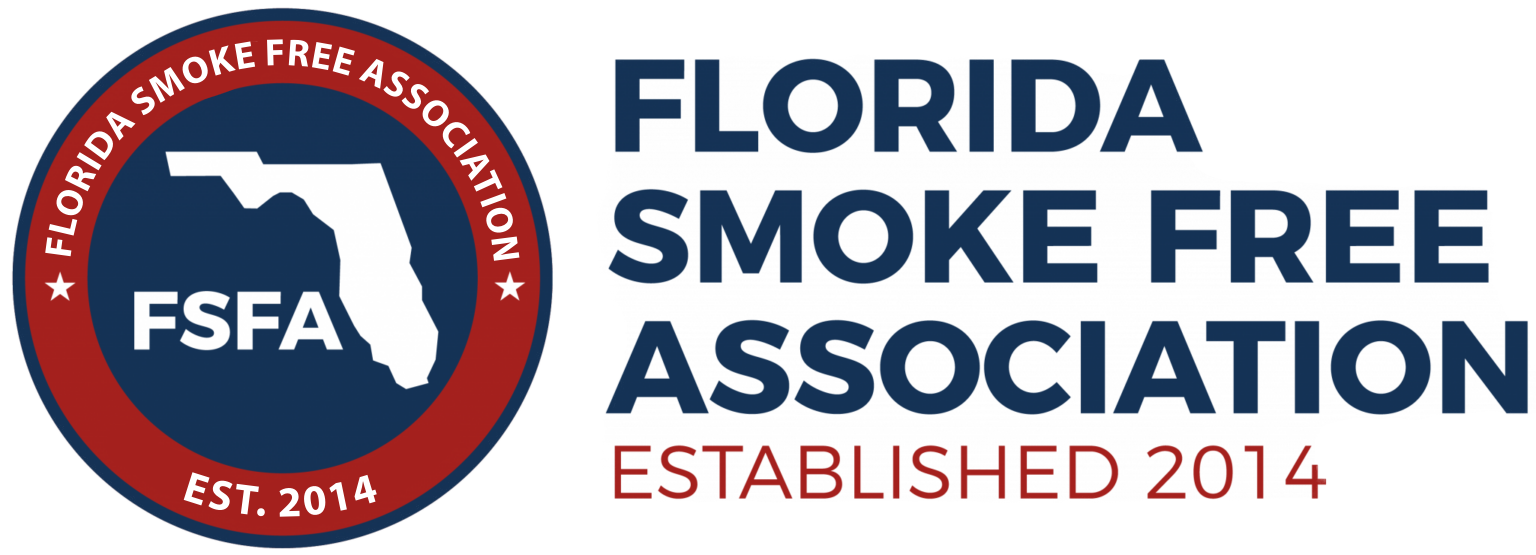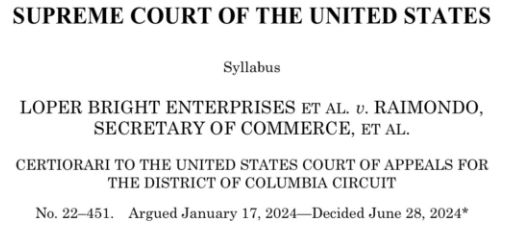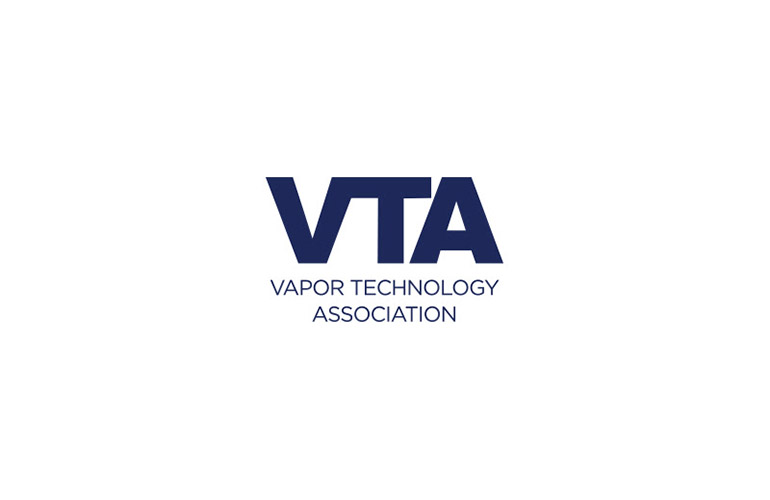
It’s time to celebrate those that “get it”.
Last week Iowa Attorney General, Tom Miller, and 11 other public health experts, sent a letter to HHS Secretary Azar, urging that he immediately reconsider how Federal restrictions on vapor products will have a negative impact on Americans’ public health. Read this important document in its entirety.
This is one of the best written defenses by an elected official to date and the timing with everything going on couldn’t be better. It’s obvious, Tom Miller and his fellow signers of this letter “get it”, and it wouldn’t hurt to let him, and the others know that we appreciate their common sense approach to defending our industry. You can find him on Facebook by clicking here, if you’d like to thank him personally.
Here’s what the letter said. For a full version with resource links please see the full PDF document in it’s entirety.
“In July 2017, we welcomed FDA’s announcement of a comprehensive risk-based strategy for nicotine and tobacco. However, we must now to express concern that the FDA’s regulatory approach to e-cigarettes and other vaping products is heading towards a serious crisis by the middle of 2020. We are concerned that excessively expensive, time consuming, and burdensome regulation is about to kill-off or severely degrade one of the most important new technologies for public health in the United States. There are approximately 12 million vapers in the United States and 34 million smokers – each one has a stake in the viability, diversity, and innovation of this industry. We are writing to draw your attention to the causes of the looming crisis and to suggest remedies.
Even after 50 years of progress, smoking remains a devastating burden on American families. According to the Centers for Disease Control and Prevention, more than 16 million Americans live with a smoking-related disease and smoking causes more than 480,000 deaths per year. That is more than HIV, alcohol, illicit drug use, motor vehicle accidents, and firearms combined. The costs are enormous – over $300 billion annually for healthcare ($170 billion) and in lost productivity ($156 billion). The costs in lost life, pain and grief are incalculable. The burdens fall most heavily on disadvantaged groups, with higher rates of smoking among those who are economically deprived, have poor educational attainment, LGBT status, no health insurance, a disability or suffer mental distress.
However, since 2009 there has been highly beneficial disruptive innovation in the tobacco/nicotine market and new products, such as e-cigarettes, that pose much lower risks to users are gaining in popularity as alternatives to cigarettes. We are seeing smoking decline in both adults and adolescents at an accelerated rate. This is driven by consumers acting on their own initiative, spending their own money to improve their own health and wellbeing – something every government should encourage. Modeling the effects of e-cigarettes on smoking-related disease suggests that e-cigarettes could save millions of lives, even with pessimistic assumptions about unlikely unintended consequences.
However, it appears that the Federal Government may soon frustrate these highly promising developments and unintentionally protect the cigarette trade from pro-health competition and encourage more smoking, not less. There are four main concerns:
- The excessive costs and burdens of FDA’s pre-market tobacco application (PMTA) process threaten to remove almost all companies and products from the market.
- Even now, FDA’s pre-market tobacco application requirements remain unclear.
- The court-ordered compression of the time available for compliance with pre-market review requirements threatens an abrupt convulsion in the market.
- FDA’s own scientific resources may be a fatal constraint.
As a result of the intense burdens, the unpredictability of the process and the compressed timetable, we believe that almost all industry participants and products will exit the regulated market – this is a plausible possibility that FDA should examine. The likely effect is that some fraction of the 12 million vapers will revert to exclusive smoking thereby causing a detriment to public health, that a major unregulated black market will form, and that innovation in the lawful regulated marketplace will be severely curtailed, but will continue unabated outside the United States, notably in Canada, China, and Europe, and thus drive further development of a US black market.
A substantial reassessment is now required, and five remedial actions should be undertaken urgently:
- FDA’s Regulatory Impact Analysis (RIA) should be immediately revisited and reviewed.
- FDA must clarify how it will apply the “public health” test in practice.
- FDA should develop a viable proportionate route to market for vaping products.
- FDA should make a strategic reassessment and update its 2017 strategy for nicotine.
- FDA and other relevant agencies should overhaul their risk communications for tobacco and nicotine.
- FDA should appeal the Maryland court decision and seek a stay.
We share the widespread concern about the increase in youth vaping between 2017 and 2018, but we counsel against a damaging overreaction to the headlines and recommend a careful reading of the underlying data: most youth vaping is occasional; most regular youth vaping is concentrated in current or former smokers, many of whom may be vaping with the intent (in some cases successful) to reduce or eliminate their smoking. Youth vaping should be addressed with youth-orientated measures – not through excessively burdensome regulatory regime for products that are beneficial to adults and promise to roll-back the epidemic of smoking related disease.
The attached briefing elaborates on these points in greater detail.
We are concerned that the FDA has strayed from its July 2017 announcement whereby it indicated, among other things, that tobacco and nicotine products should be regulated using the ‘continuum of risk’, that innovation should be encouraged not stifled, that the review process for new product approvals should be streamlined, and that adult users be given access to lower risk alternative products.
Given the potentially serious impact on public health and the large number of Americans affected, we hope you will agree to meet a small delegation to discuss these points, the likely adverse consequences for public health, and the fundamentals of an appropriate alternative regime.”



